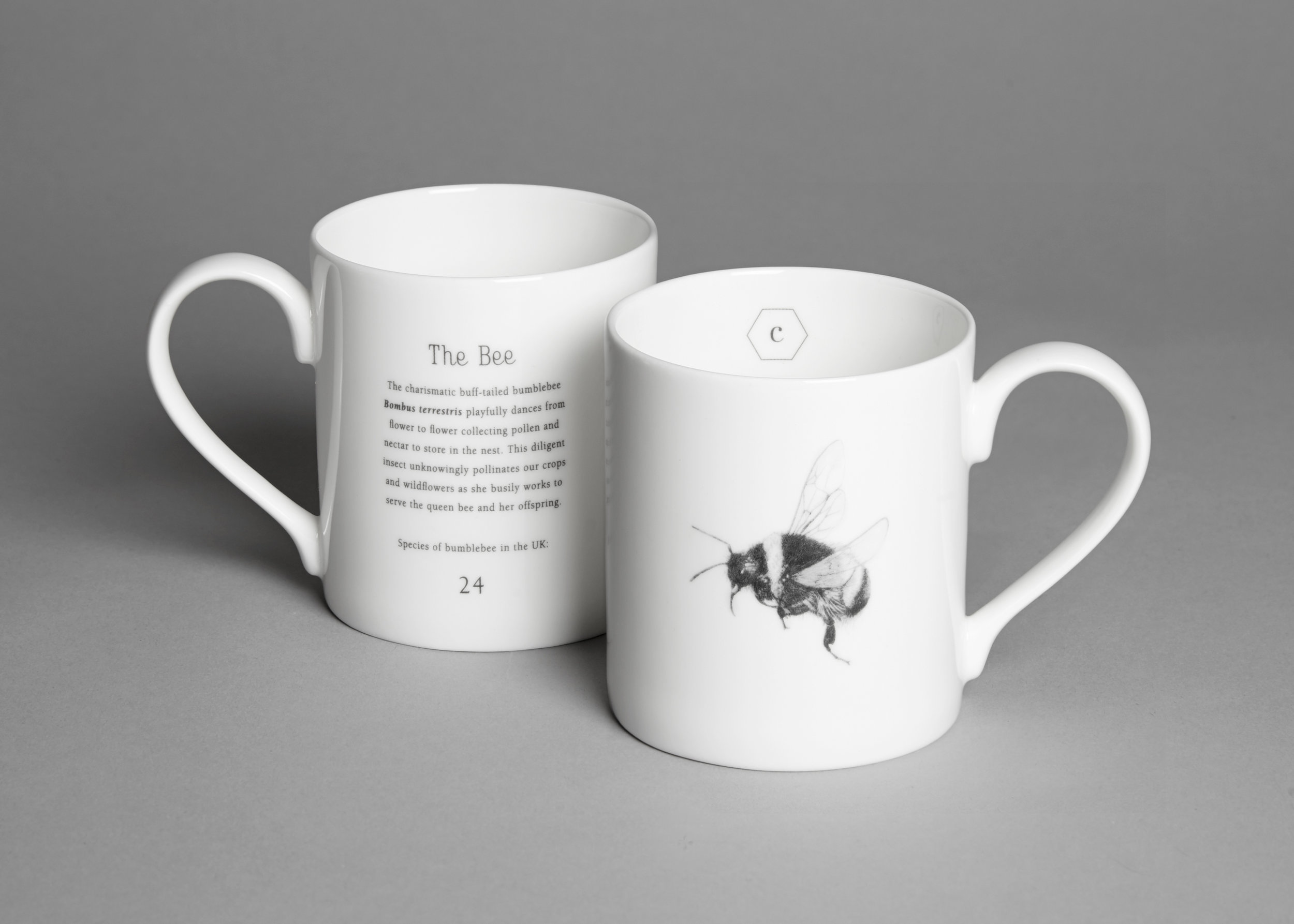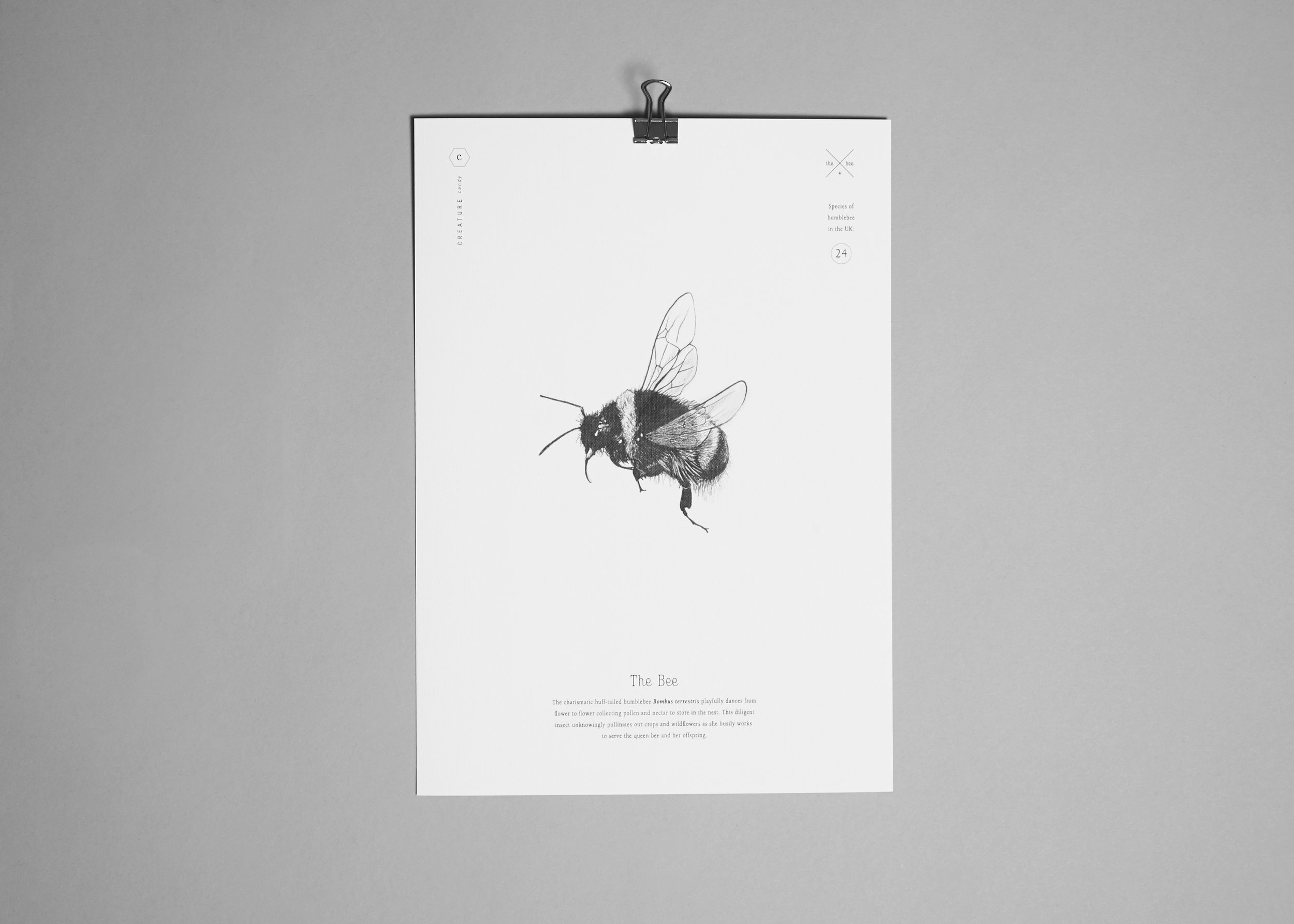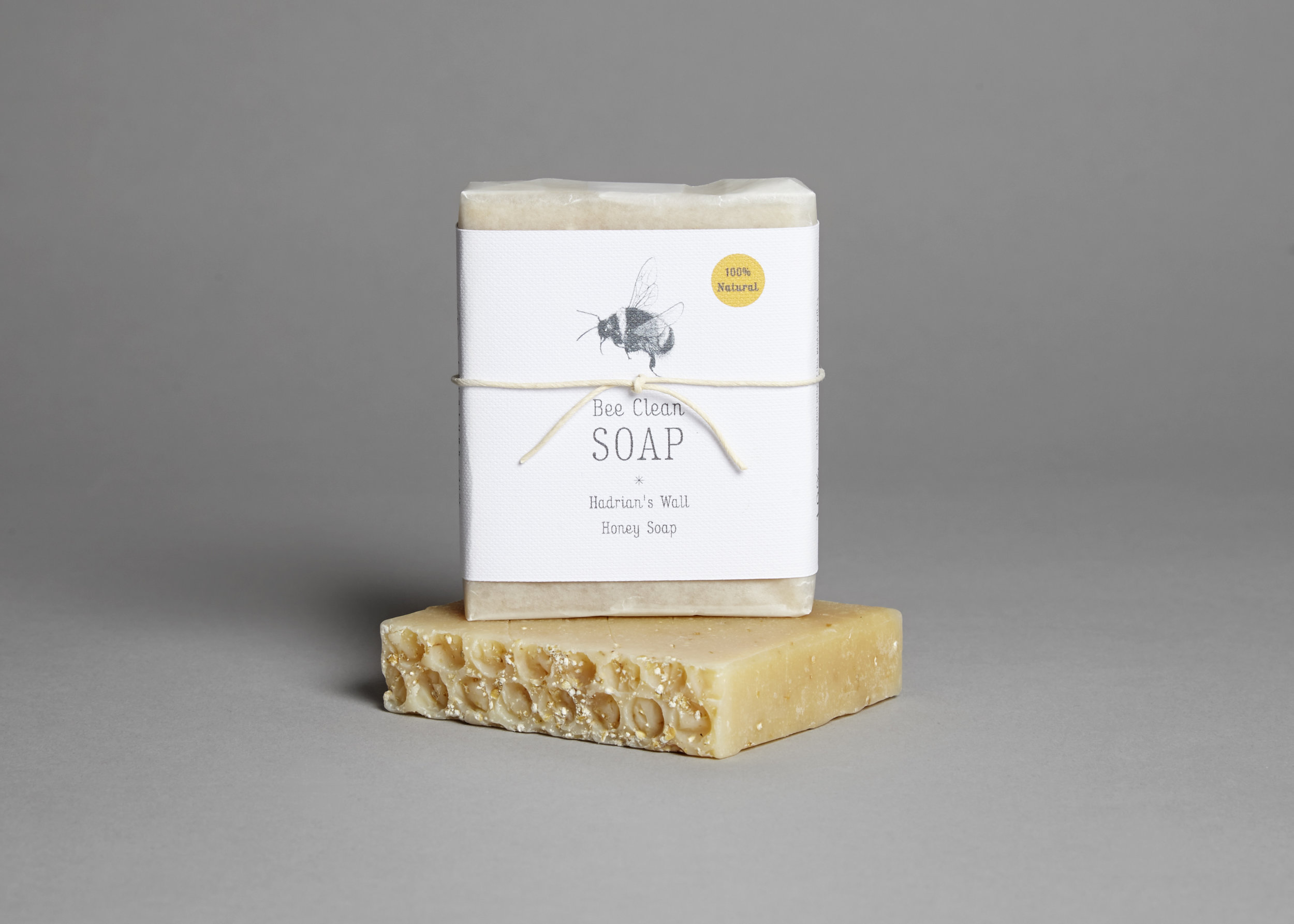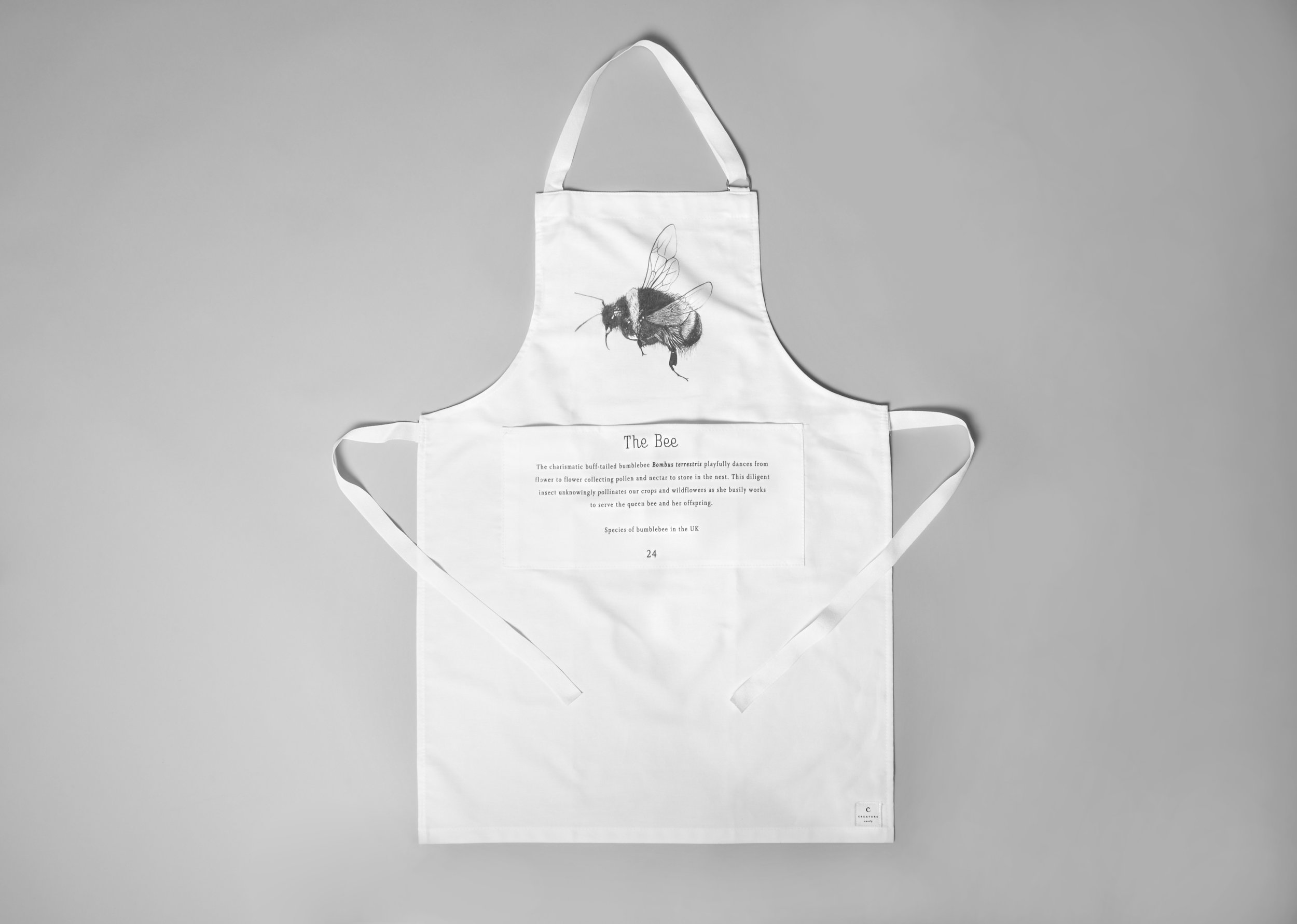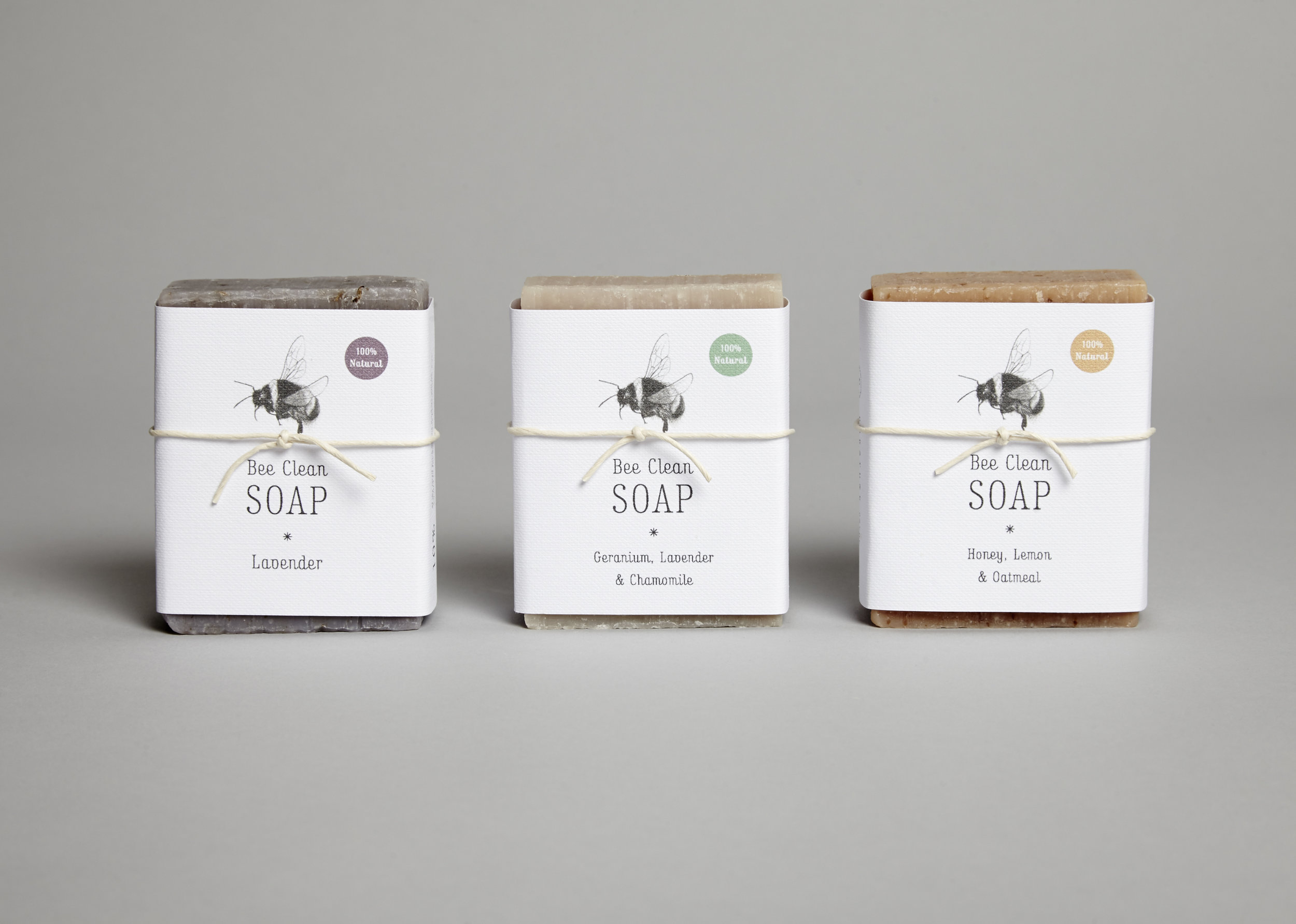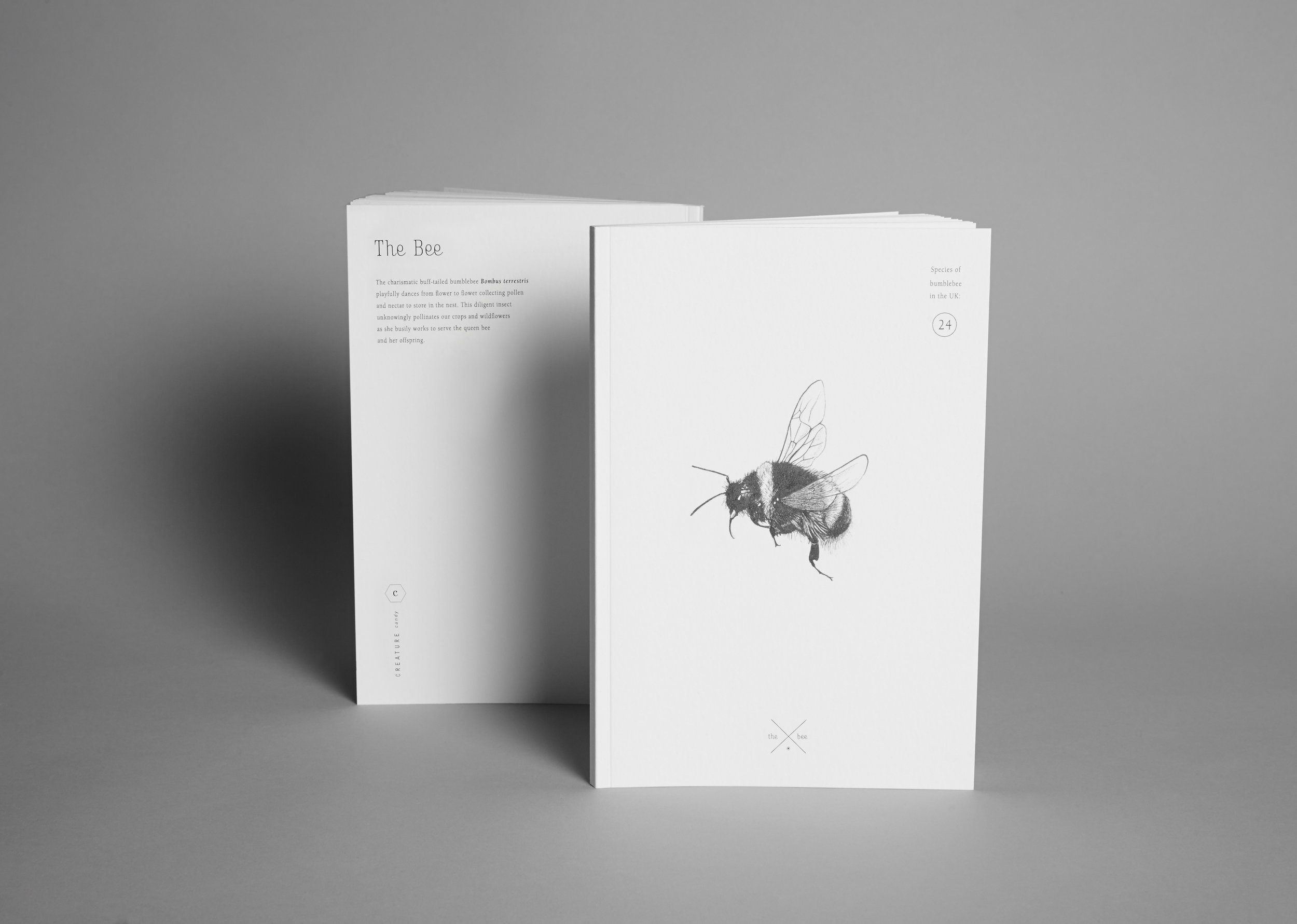We've just made a donation of £141.68 to the Bumblebee Conservation Trust (BBCT), which will help fund their native Short-haired Bumblebee reintroduction project, in the beautiful grasslands of Kent.
The Project
The Short-haired bumblebee (Bombus subterraneus) - once widespread across the South of England - was last recorded near Dungeness in 1988, and sadly declared extinct in 2000. A decline almost certainly down to the loss of species rich grassland it relies on. The BBCT weren’t willing to let this slip by unnoticed, so, working in partnership with Natural England and RSPB they have been collaborating with farmers, conservation groups, small holders and other land owners to create 800 hectares of flower-rich habitat within Dungeness and Romney Marsh to support the reintroduction.
Aims
- To reintroduce the Short-haired bumblebee in the UK.
- To establish a corridor/mosaic of suitable bumblebee habitat through Dungeness and Romney Marsh spreading into East and North Kent.
- To raise the profile of bumblebee conservation through public outreach.
Timeline to Date
May 2011: Sweden was chosen as the bumblebee source as it supports the most robust population of Short-haired bumblebee and has a similar climate to the UK. An initial sample was collected and checked for diseases at Royal Holloway, University of London.
May 2012: Flowering fields in Kent welcome home Bombus subterraneus nearly a quarter of a century after the bee was last seen in Britain.
June & July 2013: A further 50 Short-haired bumblebee queens are released in Kent and the first workers were recorded within 5km of the release zone, meaning the queens had successfully established nests within the area for the first time in 25 years!
May & July 2014: A further 46 queens were released and three Short-haired bumblebee workers were recorded foraging within the Dungeness area.
June 2015: A late spring in Sweden delayed the team in going over to collect emerging Short-haired bumblebee queens from hibernation as they will tend to only emerge over 17-18 degrees. But, on 1st June all healthy queens were picked up from quarantine and driven to their new home in Dungeness to be released by our volunteers.
July 2015: More Short-haired bumblebee workers were recorded within the project area.
January 2016: The project published its first scientific paper in the journal Ecohealth.
March 2016: Featured in the 2016 IUCN report on global re-introductions. The report covers the history of our project and our aims for the future. It is a great read to see how re-introductions across the globe are faring.
May 2016: 32 healthy Short-haired bumblebee queens were released at RSPB Dungeness. The released queens had spent two weeks in quarantine and passed our strict disease checks. Two queens were recorded the day after release at two of the three release sites.
Results
The project has been enormously beneficial for the creation of good quality bumblebee habitat - key for a successful reintroduction! Very excitingly the project has also helped support the resurgent populations of a range of priority bumblebee species, including England’s rarest bumblebee, the Shrill Carder bee which has returned to the Dungeness RSPB reserve after a 25 year absence!
This year the BBCT's dedicated project team will also be analysing the genetics of any workers to help ascertain whether a Short-haired bumblebee population is establishing.
With the raising awareness of bumblebee declines that this project has helped create, it will hopefully only be a matter of time before the re-introduction initiative rolls out to an even wider area across Southern England. This would represent a huge expansion of the species’ range and provide opportunities for other pollinators too, perhaps safeguarding its long term survival.
The BBCT says:
"We couldn’t help Britain’s bumblebees without your help and the ongoing generosity of Creature Candy. There are so many ways to support our work, please visit our website for more details about becoming a member or a volunteer with the Trust, and help us continue to add much needed flowers to Britain’s landscape."
Thank you to everyone who has purchased products from our bee range to allow us to make this donation. We look forward to making our next donation to BBCT soon.
